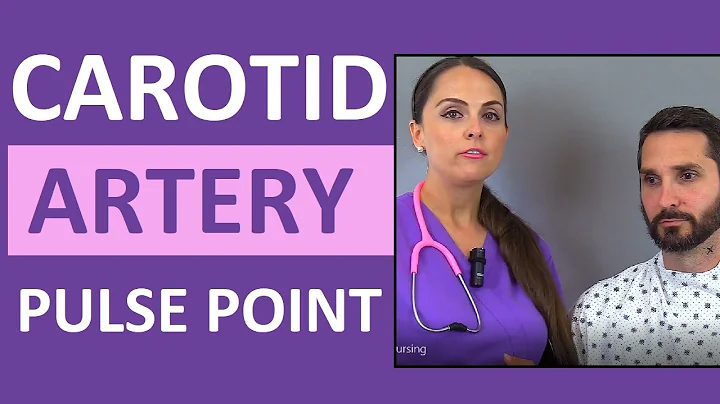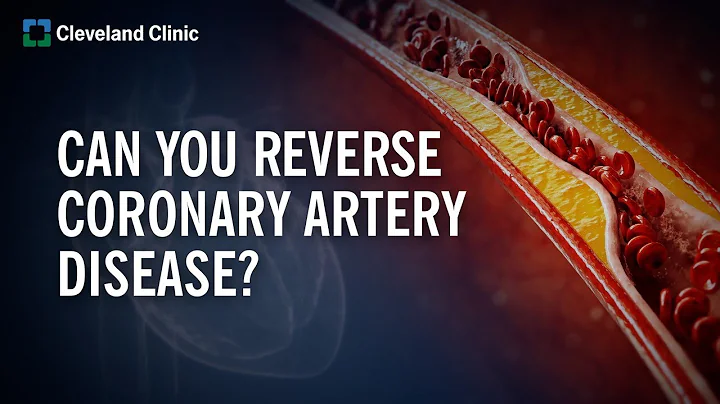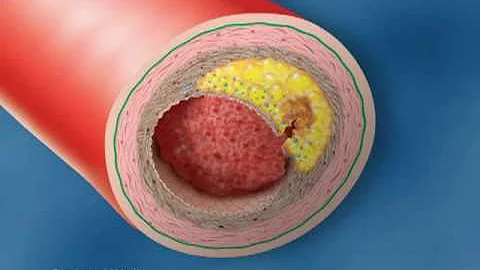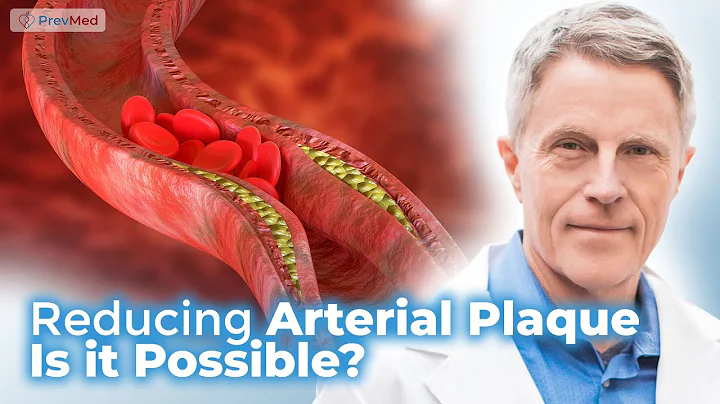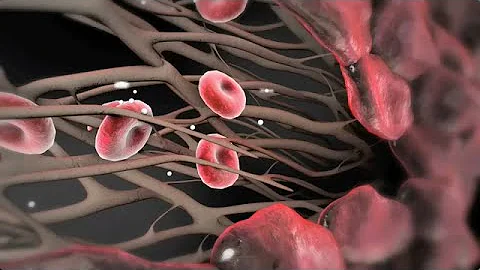A friend told Huazi that she had carotid artery plaque and blood lipids also exceeded the standard. The doctor recommended that she also use statins. But after she took the medicine, she developed elevated transaminases and back pain, and these symptoms disappeared after she stopped taking the medicine. She was very distressed. She couldn't bear the pain after taking the medicine, but if she didn't take the medicine, she was worried about cerebral infarction and myocardial infarction coming to her door. What should she do?
Huazi said that in relevant data, 5% to 30% of people will experience varying degrees of intolerance when taking statin drugs , resulting in a decrease in compliance with statin treatment, cardiovascular and cerebrovascular diseases Increased risk of disease . Recently, the National Lipid Association (NLA) issued a scientific statement providing specific recommendations for statin intolerance.

1. Why use statins
What many people don’t understand is that many drugs can lower blood lipids. Why do doctors keep an eye on statins? This is because there is strong evidence that statins can significantly reduce low-density lipoprotein cholesterol (LDL-C) levels in the blood and can slow or even halt the progression of atherosclerosis.
Moreover, statins can improve the metabolism of the arterial intima, reduce inflammation and oxidative reactions, and may shrink atherosclerotic plaques, increase the stability of plaques, make plaques less likely to rupture, and reduce the occurrence of thrombus Rate. Statins are also drugs that have clear evidence that they can reverse plaque so far. Other drugs cannot completely replace the role of statins .

2. What is statin intolerance?
Statin intolerance refers to the adverse reactions related to statins. Mainly during the course of taking statins, had abnormal increases in liver aminotransferases (AST, ALT), causing symptoms of muscle pain and fatigue.. As the statin dose is reduced or discontinued, symptoms will improve or disappear.
Statin intolerance is divided into two situations. One is complete intolerance , which refers to the inability to accept any type and dose of statins; One is partial intolerance , which refers to acceptable statins. Statin therapy, but at doses that do not achieve specific therapeutic goals.
Complete intolerance is rare (less than 5%), and most people can tolerate some level of statin therapy. Moreover, many patients will experience similar adverse reactions when taking placebo, which shows that a considerable number of people have statin intolerance, which has nothing to do with statins.

3. What to do when adverse reactions occur
The main symptoms of statin intolerance are muscle pain, cramps and fatigue. When symptoms occur, the level of creatine kinase (CK) needs to be checked. If CK does not exceed 10 times the upper limit of normal, or if it increases progressively, there is no need to reduce the dose or discontinue the drug.
However, if the CK exceeds 10 times the normal upper limit (1000IU), you should be alert to the occurrence of rhabdomyolysis. The incidence of rhabdomyolysis in people receiving statin therapy is about 1 in 100,000. It is very rare. Although it has a fatal risk, it can be reversed when detected early and treated. Elevated
transaminase is also a common adverse reaction. However, when the increase in transaminase does not exceed 3 times the upper limit of normal, it does not affect the continued use of , and after stopping the drug, the transaminase can often return to normal.

4. What to do when statin intolerance occurs
There are some risk factors that can lead to statin intolerance, such as hypothyroidism, diabetes , obesity, alcohol consumption, strenuous exercise, and the use of other drugs that interact with statins. . Correction of these factors may improve statin tolerability. Statin tolerance can also be improved by changing the type of statin and adjusting the dose.
When adjusting the above factors, people with statin intolerance can first take non-statin drug treatment to reduce the levels of LDL-C as soon as possible to reduce the risk of cardiovascular and cerebrovascular diseases. For example, other lipid-lowering drugs such as cholesterol absorption inhibitors, PCSK9 inhibitor , fibrate lipid-lowering drugs, ion exchange resin drugs, etc. are used to reduce LDL-C levels.
While undergoing non-statin drug treatment, it is not recommended to completely give up statins, and efforts should be made to try a tolerable statin treatment regimen .

To summarize, statins are still indispensable drugs for preventing cardiovascular and cerebrovascular diseases. When intolerance occurs, you can first use other lipid-lowering drugs to reduce LDL-C levels as quickly as possible, but at the same time, you should not give up statins easily, and try to find a treatment plan that includes statins. The use of drugs needs to be under the guidance of a doctor. If you have any questions about medication, please consult your doctor or pharmacist. I am Huazi, a pharmacist. Welcome to follow me and share more health knowledge.
